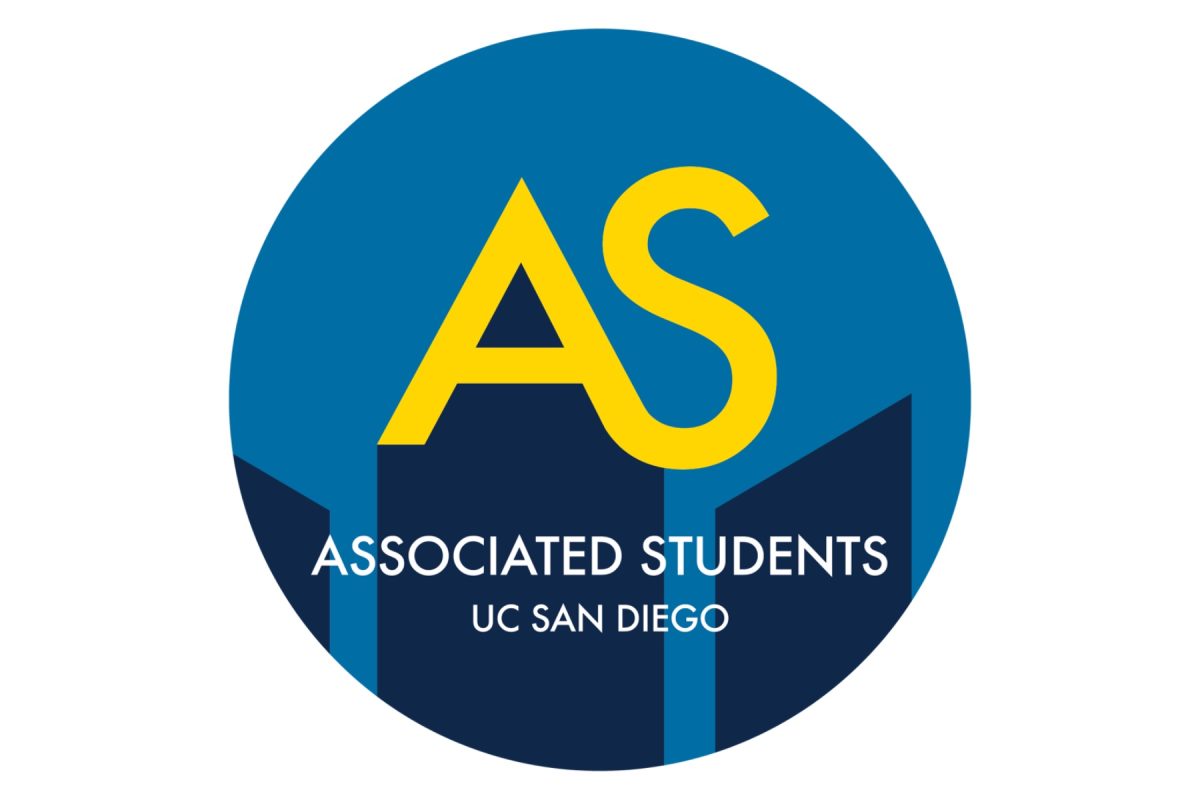 STATE NEWS — Mere weeks after the UC Board of Regents approved a 32-percent fee hike, a group of UC students and faculty have stashed away their “Lay off Yudof” picket signs and shifted their sights to higher ground: the California congressional floor.
STATE NEWS — Mere weeks after the UC Board of Regents approved a 32-percent fee hike, a group of UC students and faculty have stashed away their “Lay off Yudof” picket signs and shifted their sights to higher ground: the California congressional floor.
Authored by UC Berkeley professor of linguistics George Lakoff, the California Democracy Act would allow legislative decisions regarding government spending to be passed by a simple majority, rather than the current two-thirds super majority. A simple 14-word change to the California constitution might not be a permanent solution to the UC budget crisis, but the bill would be a giant leap forward for our dysfunctional legislative system.
In 1978, Proposition 13 amended the California Constitution to require a two-thirds majority vote on every finance-related bill. But 32 years later, California finds itself in an economic gridlock. With the deciding vote thrust into the hands of a one-third legislative minority, the budget isn’t often passed on time, and public services have been cut as a result.
When the California Master Plan for Higher Education was designed in 1960, its goal was to make public higher education free to all California residents. Since then, however, UC student fees have ballooned from $147 a year to above $10,000 for the 2010-11 academic year — largely due to dwindling state funds. Legislative measures to financially support higher education seldom meet two-thirds approval.
Instead of placing the power in the hands of the majority, the current system signs power away into the hands of a few dissenting legislators. With only a simple majority needed, state legislators would be able to pass the budget a lot sooner — and the sooner the budget is passed, the sooner public institutions (the UC system included) get their handouts.
As it stands, California has the only state constitution that requires the two-thirds majority. And while there’s no guarantee that this reform would be a reliable boost to public education, there’s evidence it might help. Before Proposition 13, our schools consistently ranked in the top three in the country; today, according to UCLA researchers, we’ve fallen to 48th.
Even if it allowed the UC system to get its hands on state funding sooner, though, the CDA isn’t a cure-all to the UC budget crisis; it will obviously only benefit the UC system as long as the majority is in favor of our cause. The coalition hopes that once a simple majority has control, it’ll levy taxes, and some of that tax revenue will run off into the UC system — but that’s far from guaranteed.
In fact, the bill could hurt higher education even more. This past June, a proposal to further reduce funding for education failed before the state senate. But without Proposition 13’s two-thirds majority requirement, the 25-14 vote would have been enough to cut funding to even more ridiculous lows — and the university would find itself even deeper in the hole.
On UC campuses across the state, students are rallying support for the bill. At UCSD, A.S. campuswide senator Wafa Ben Hassine, our CDA Coalition chapter coordinator, will be harnessing the support of students and faculty by presenting petitions.
Because the Attorney General approved the initiative over winter break, Hassine said, the initiative is just now taking off. Hassine just began collecting signatures last Friday, but she’s already confident they’ll meet their million-signature mark by the April deadline. In addition to public support, Hassine explains that many public officials have already given their endorsements and support to the act.
While this grassroots effort has a less-than-promising 10 to 15 people currently involved on campus, its intentions are in the right place: It is indeed time we quit antagonizing the regents and knock directly on the state capitol’s door. But the efforts can’t stop here; for any kind of lasting change, we’ll need to lobby legislators and voters to prioritize higher education. Their lack of support is, after all, the real root of the UC system’s problems — no matter how much red tape we cut to make their jobs easier.
Readers can contact Cheryl Hori at [email protected].







